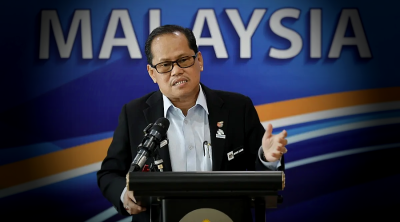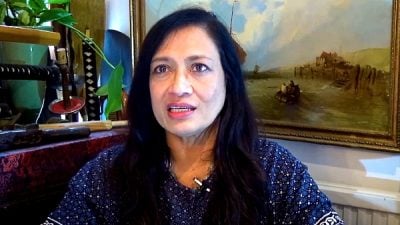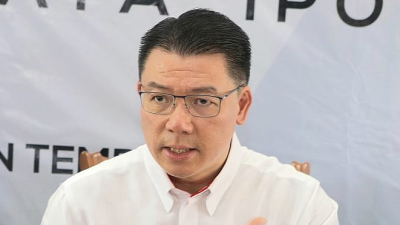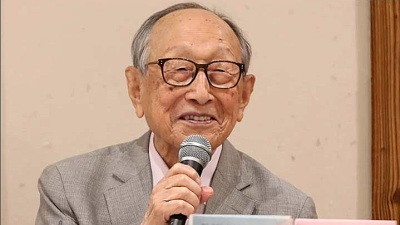
In his interview with FMT on 23 June, former prime minister Dr. Mahathir Mohamad blamed his successors for disuniting the Malays.
When will Dr. Mahathir confront his inner demons? With him, it is always someone else’s fault, and never his own.
Malaysians are furious when he apportions blame to others, but neglects to take any responsibility for his actions, and more importantly the consequences of his policies, especially the ones which promote affirmative action.
Why did Mahathir claim that his successors Abdullah Badawi and Najib Abdul Razak had divided the Malays? These were the men whom Mahathir had handpicked to lead Malaysia after his resignation.
When Badawi assumed the post of PM, and cancelled many of Mahathir’s projects, his former boss was livid and plotted behind the scenes to oust him. Mahathir wanted to promote his legacy but Badawi thought otherwise.
Mahathir was Malaysia’s longest-serving PM and his tenure lasted 22 years. If blame has to be apportioned, then it is he who should take responsibility for dividing the Malays.
Many Malaysians have probably forgotten Mahathir’s public spat with Razaleigh Hamzah and Musa Hitam.
The Malays were furious at the many irregularities in Umno elections, and within a few months, in February 1988, Umno was declared an illegal society by the court. The election rigging split Umno.
The Malays saw Mahathir’s desperation to consolidate his power. It was a critical point in Umno’s history. The Malays could see how low Mahathir was prepared to go.
Mahathir is concerned about Malay unity, so why is it that after 66 years of Merdeka, the former PM places little emphasis and importance on Malaysian unity?
Malaysia is a melting pot of many races, cultures and faiths, and Mahathir helped divide the nation along racial and religious lines.
When Badawi led BN to a historic landslide victory in 2004, some people attributed this extraordinary support to the rakyat’s ‘joy’ at Mahathir’s departure.
Badawi subsequently lost this handsome majority at the following general election in 2008. By this time, Malaysians were jaded by BN’s performance because as far as many Malaysians could see, the politicians were only interested in promoting their interests and not the rakyat’s.
Mahathir is the root cause of Malay disunity.
By the time Najib took over from Badawi, the slide further worsened.
Malaysians observed that Umno-Baru/BN was a party for the elite. There was no political will to solve many of the country’s massive problems like corruption, money laundering, illicit financial flows, cronyism and nepotism.
These were the common factors shared by many Malaysians, who felt they were being ignored by the leaders.
Corruption had become a way of life. The affirmative action policies and the New Economic Policy (NEP) created to help lift many Malays out of abject poverty may have seen some initial success.
Although the NEP helped create a huge Malay middle class, Malaysians soon discovered that rich and elite Malays were helping themselves to the country’s riches. They enjoyed many perks and privileges. Many wrongdoings were ignored or swept under the carpet.
The minorities were denied many opportunities in education, jobs in the civil service, business, housing and funding, but crucially many poorer Malays found that they were denied the same opportunities because well-connected Malays were only helping one another and not their poorer cousins.
Beside the cronies taking advantage of their special relationship with politicians, Malaysians also noted that children of politicians would become millionaires overnight.
They ‘won’ government tenders worth millions of ringgits. Share allocations in public-listed companies were allegedly given to ministers’ children. When their companies failed, taxpayers’ money was used to bail them out.
The offspring of ordinary Malays were denied many privileges. So how can Mahathir blame Badawi and Najib for dividing the Malays?
Mahathir defied Tunku Abdul Rahman’s governance and behind the scenes had criticised the Tunku and blamed him for being ‘soft’ on non-Malays.
Attacking the Tunku was perhaps the first step of Malay disunity. Later, he would constantly attack the Malays for being lazy and untrustworthy.
In his book, “The Malay Dilemma”, Mahathir criticised the Malay race for being backward. He was biased, the contents of his book were flawed and there were many inconsistencies.
The constitutional crisis of 1988 occurred when Mahathir suspended and later removed the Lord President of the Supreme Court.
He sent shock waves throughout Malaysia and the world. The Malays were horrified to see Mahathir undermine our independent judiciary.
In 1983, Mahathir’s head-on collision with some royals led him to curtail their power and influence.
He might have been forced to act because of the many injustices meted out on ordinary members of the public by a few notorious royals.
Mahathir did that rather than face a disgruntled rakyat who felt powerless against the feudalism.
Clipping the wings of the royals would probably have upset some Malays who believed in patronage of sultan and subject.
If only Mahathir would take some time to reflect on his actions. He fractured the nation, where the Malays were considered superior and non-Malays were called second-class citizens.
Prior to Mahathir’s brainwashing, the Malays were a largely fair, tolerant and hardworking people. Mahathir’s draconian rules which favoured the elite, meant that many Malaysians, especially the Malays, had little control over their own destinies and lives.
Mahathir is the root cause of Malay disunity.
Source:
- Free Malaysia Today: Malays became divided under my successors, says Dr M
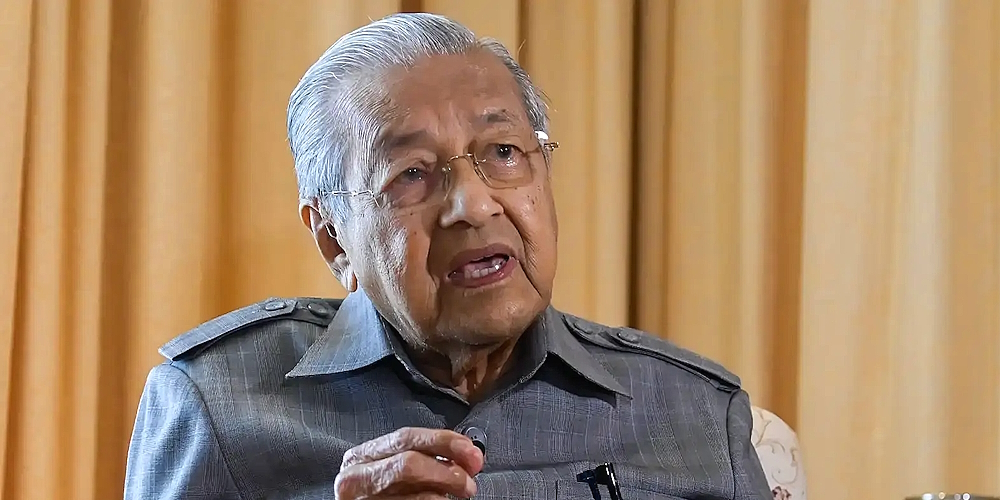
(Mariam Mokhtar is a Freelance Writer.)
ADVERTISEMENT
ADVERTISEMENT









